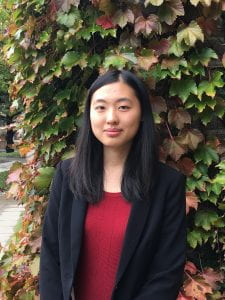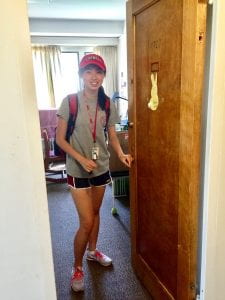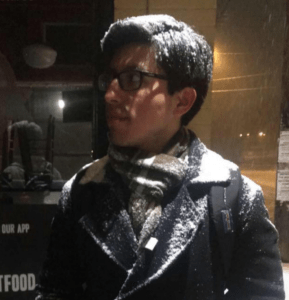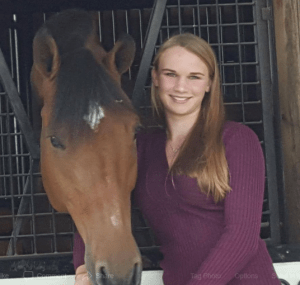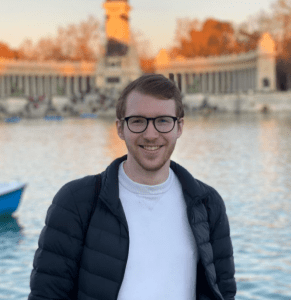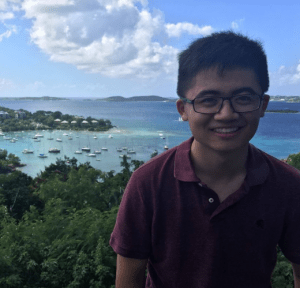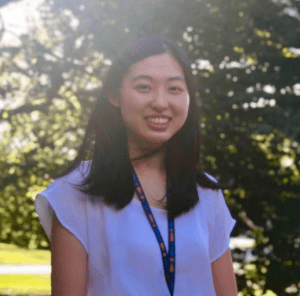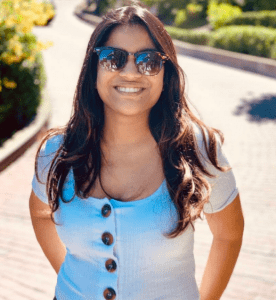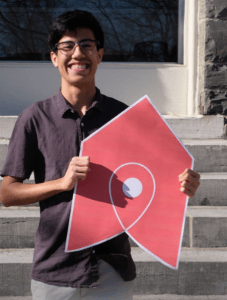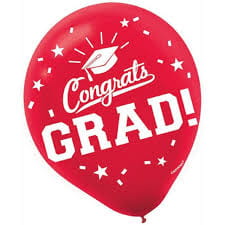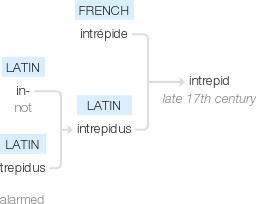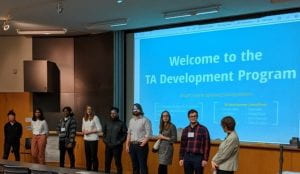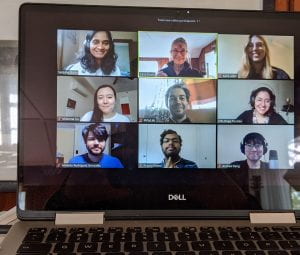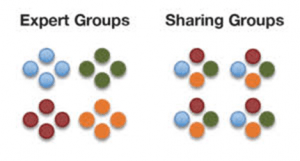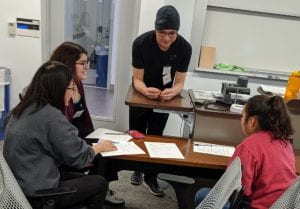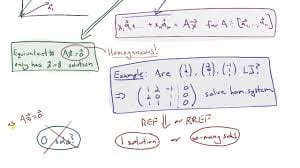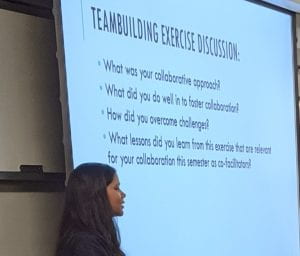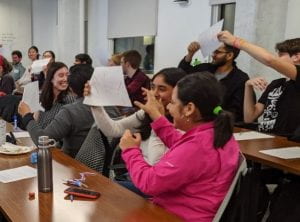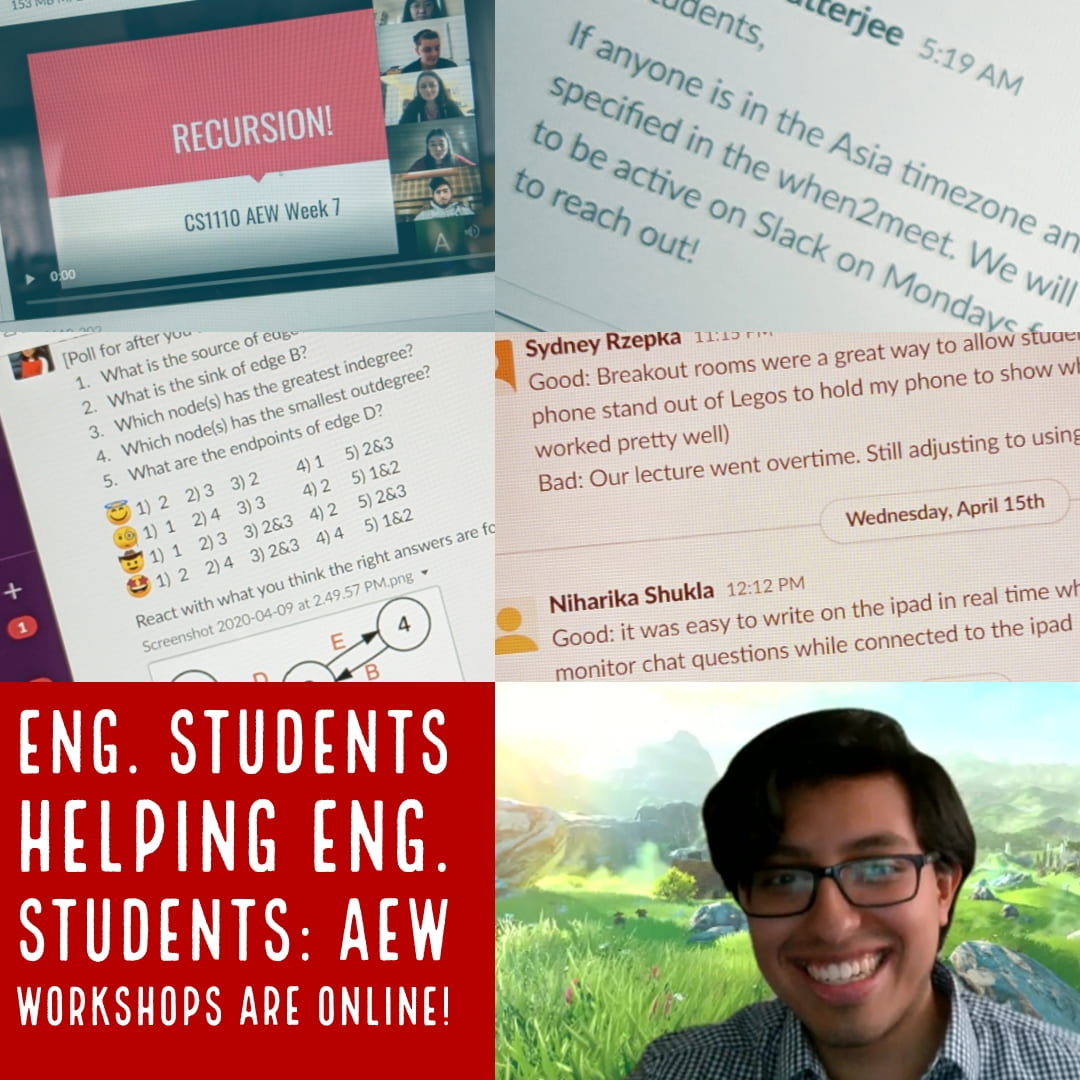 “My research experience taught me how to organize and complete my own experiment. I was able to follow my curiosity and learn all aspects of experimental design.” – Daniel Pyrek, Environmental Engineering
“My research experience taught me how to organize and complete my own experiment. I was able to follow my curiosity and learn all aspects of experimental design.” – Daniel Pyrek, Environmental Engineering
“The research experience with a great mentor, … was one of the most valuable learning opportunities at Cornell.”- Hyoann Choi, Biological Engineering
For undergraduates, doing research with the guidance and support of a qualified mentor is one of the  most engaging and impactful learning opportunities available. Participating in well-mentored authentic research, exposes students to all levels of cognitive difficulty: remembering facts, explaining concepts and theories, linking them together and, ultimately, applying those more complicated constructs to a novel problem. In some cases, this results in the creation of new conceptions and products. Very often, it results in the development of practical skills, and new research questions and /or hypotheses – all excellent outcomes for both mentor and student!
most engaging and impactful learning opportunities available. Participating in well-mentored authentic research, exposes students to all levels of cognitive difficulty: remembering facts, explaining concepts and theories, linking them together and, ultimately, applying those more complicated constructs to a novel problem. In some cases, this results in the creation of new conceptions and products. Very often, it results in the development of practical skills, and new research questions and /or hypotheses – all excellent outcomes for both mentor and student!
Reading the literature, proposal writing, presenting one’s own idea development to a supportive research team, preparing iterative written drafts of papers and posters, are aspects of the research process that integrate evidence-based education practice: reflection, metacognition, and feedback. Ultimately these clarify thought processes and improve communication skills.
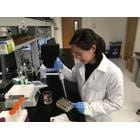 “In addition to learning about environmental chemistry, computational toxicology and laboratory skills, I found myself becoming a much better written and oral communicator.” – Jacqueline Wong, Environmental Engineering
“In addition to learning about environmental chemistry, computational toxicology and laboratory skills, I found myself becoming a much better written and oral communicator.” – Jacqueline Wong, Environmental Engineering
“I have grown in my ability to gather information, develop experiments, and analyze and convey my results concisely.” – Rebecca Green, Materials Science and Engineering
Mentored undergraduate research is a powerful coalescence of practices, the gains from which create critical thinkers and life-long learners and can jump start motivation and spur college students into their specific career directions.
“I learned “to learn”. Every learning requires patience and consistency. I believe that the learning ability as well as the knowledge and technical skills I developed through the experience will be a firm foundation for my subsequent career path to graduate school.” – Hyoann Cho
“Undergraduate research has strengthened my belief that affordable access to safe drinking water is a fundamental right, and has furthered my interest in pursuing a career in environmental engineering” – Jacqueline Wong
Through our Undergraduate Research Grants program, Engineering Learning Initiatives is committed to facilitating the tremendous learning opportunities of an undergraduate research experience for as many Cornell engineering students as possible. Each semester and summer, engineering undergraduates and their mentors submit joint proposals that are reviewed by an academic committee. The College supports as many projects as possible through a variety of funding sources, including gifts from college alumni and from corporate partners. This year the program supported 98 undergraduates, from across all engineering majors, in faculty-mentored research.
Typically the students have a chance to share their research with the college community at a spring poster session in Duffield Hall. Due to the covid-19 pandemic, we were unable to hold the poster session this past spring. Thus, students missed this valuable opportunity to celebrate the outcomes of their research effort and dedication and showcase their projects.
Here we highlight four spring 2020 graduates who opted to share their research outcomes and experiences for this post. These undergraduates, working to clean up the environment at home and abroad while studying materials science and environmental engineering, and to advance medical research through biological engineering, are some of the great examples of young innovators heading into the world and workforce from Cornell Engineering. They have tested the waters of research and discovery, and persisted through challenges and setbacks, with the guidance and support of their mentors. They are ultimately prepared to continue on from their time here at Cornell, to bring their convictions and skills to bear on the vexing problems of our society and our world.
What follows is an introduction to each researcher, a brief reflection of the research experience, and a link to follow to the abstract and additional research material. We invite you to follow the provided link to read and leave comments for these newly-graduated Cornell Engineers and their mentors on each page!!
********************************************
Jacqueline Wong, Environmental Engineering

Title: Exploring the use of biochar to remove target pesticides from drinking water in Honduras
Mentor: Professor Damian E. Helbling, Civil and Environmental Engineering
“Through the ELI program, I investigated how biochar can be used as a low-cost adsorbent for pesticide removal in drinking water treatment plants in Honduras… It has been an absolute pleasure conducting research through the ELI program, learning from role models in the research group, and becoming a mentor to future undergraduate researchers.”
See Jacqueline’s abstract and more about her research by clicking here
*********************************************
Rebecca Green, Materials Science and Engineering

Title: Synthesis of Monodisperse Spinel Oxide Core-Shell Nanoparticles
Mentor: Professor Richard D. Robinson, Materials Science and Engineering
Funding from corporate partner, Phillips 66.
“This project was an excellent introduction to laboratory work, especially colloidal nanoparticle synthesis, and data analysis. I have grown in my ability to gather information, develop experiments, and analyze and convey my results concisely.”
See Rebecca’s abstract and more about her research by clicking here
**********************************************
Hyoann Choi. Biological Engineering
Title: Optimization of small-intestine-on-chip 
Mentor: Professor Esak Lee, Biomedical Engineering
“Especially, biological research needs tremendous patience and consistency in the face of multiple failures and ambiguity. Although this may sound exhausting, the process is actually very fun and satisfying once you have a supportive mentor and colleagues. That was my case. I am pretty excited for it!”
See Hyoann’s abstract and more about her research by clicking here
****************************************************
Daniel Pyrek. Environmental Engineering
Title: Cayuga Lakes Harmful Algal Bloom problem: Rapid field monitoring toolkit
Mentor: Professor Ruth Richardson, Civil and Environmental Engineering
“This project will have significant implications on how communities test lake water for the harmful Microcystis cyanobacteria. This experience was incredibly rewarding. I will never look at lake water the same way!”
See Daniel’s abstract and more about his research by clicking here

